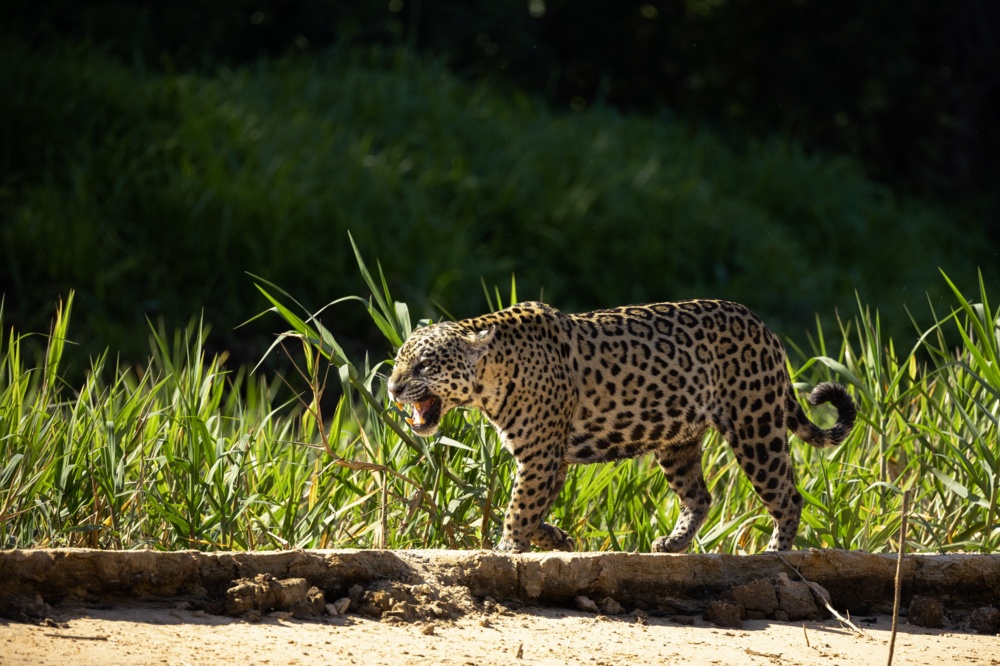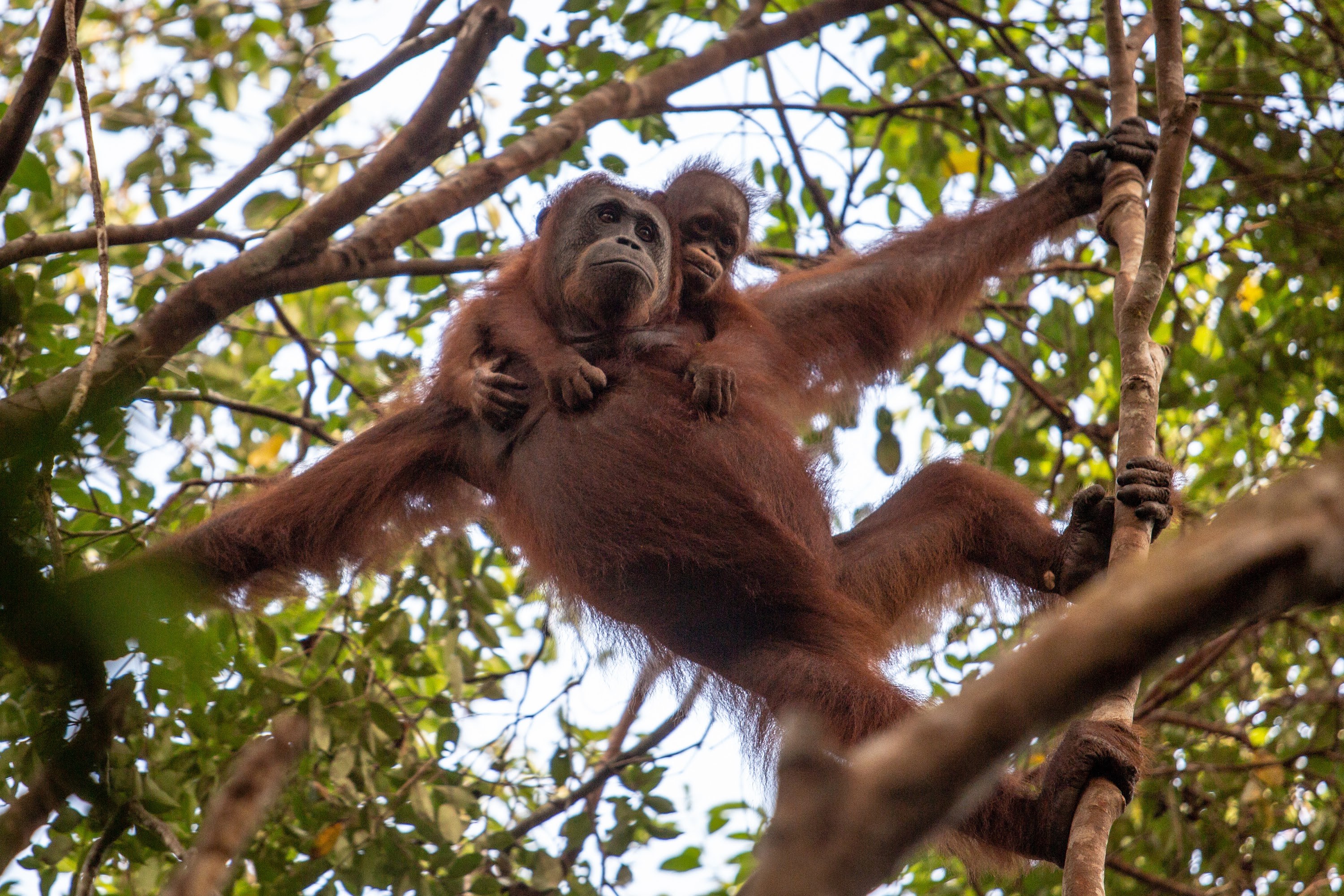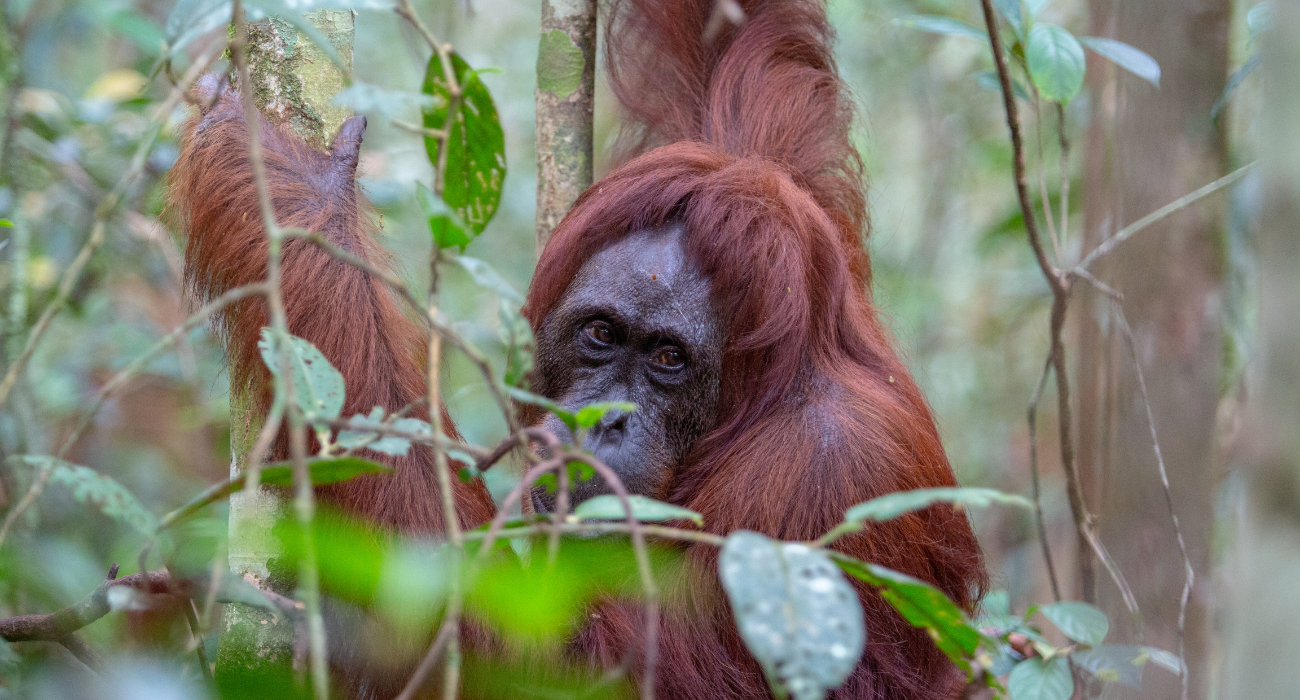
World Animal Day: Protecting our shared future
This World Animal Day, it is time we recognise that human activity is wiping out animals and their habitats at a disturbingly fast pace. The diversity of life plays an essential role in the wellbeing of the planet and humankind – we must take much more ambitious conservation action now.
Our world is home to incredibly rich ecosystems, full of animals whose lives sustain human existence and planetary health. Yet, humans have been quickly and brutally destroying vital habitats and important species, threatening irreversible tipping points. We are in the midst of a sixth mass extinction – the first not to be driven by a natural disaster - with one million species currently at risk, experts say.
Between 1970 and 2016, the average population sizes of mammals, birds, amphibians, reptiles and fish fell by 68% globally. This steep and disturbing deterioration is because of unprecedented levels of human exploitation of nature. This includes rapid changes in land use for human exploitation, the climate crisis driving extreme weather and destroying ecosystems, pollution from human activity and the introduction of invasive alien species.
Animals hold incredible value in the intricate networks of ecosystems they sustain, as well as to humans who have coexisted with them throughout all our history. There are a large number of habitats that are under threat, and vital ecosystems like wetlands and the deep sea are particularly overlooked. We must change this now.
Diverse and dynamic wetlands
An ecosystem that is often forgotten is the Pantanal, the world’s largest tropical wetland area. It stretches nearly 210,000 square kilometres across Brazil, Bolivia and Paraguay, and is home to the largest density of jaguars in the world, the hyacinth macaw and the green anaconda, to name a few of its fascinating animal inhabitants.
In 2020, the Pantanal experienced fires that burned about a quarter of the area, and an estimated 17 million animals died. Cattle ranchers and farmers are alleged to be responsible for starting the fires, which were intensified by the climate crisis. The Pantanal has also lost 74% of its surface water since 1990, due to wildfires, global heating and agricultural irrigation. 15% of the Pantanal has been cleared for cattle farming – these ranchers also often kill jaguars in retaliation for killing livestock.
Human activity has left the unique assembly of animals in the Pantanal at risk of extinction. Each plays a role in the functioning of the vibrant tropical wetland ecosystem, and losing them threatens its stability. This is affecting access to food, water and income for over 1.2 million people. Human practices have made it impossible for the ecosystem to survive, putting lives at risk.
The unknown deep sea
The least known and studied part of our planet is the ocean’s deepest depths. While it makes up 90% of the marine environment and is the largest biome on the planet, less than 20% of the seafloor has been properly mapped. Despite very little light and extreme pressure, life persists, and as many as 10 million species live and thrive. An example is zoarcid fish, the predator of hydrothermal vents that maintains the structure of life around them. These vents capture carbon, and therefore play a role in regulating the global climate.
We know very little about deep sea animals and their role in the global ecosystem, but what we do know indicates that they hold great significance for life above water. Humans have put them in jeopardy, deep sea mining could potentially rip up the seabed in less than a year. Without an understanding of the deep sea, we are putting life on earth at risk of further environmental chaos, purely out of greed.
A shared future
Our futures are all tied up together. While the loss of important species halfway across the world may seem trivial to daily life, there are massive implications for the world’s future. Every single one of our human rights depends on protecting animals and the biodiversity they collectively make up.
The UN Convention on Biological Diversity (COP15) will take place this December in Montreal, Canada, after 2 years of COVID related delays and a location change from Kunming, China. World leaders have missed every single biodiversity target set in 2010, so much relies on the success of COP15. These talks must be effective, ambitious and binding – we have no more time to waste.
We need to end our constant consumption and quest for profit, because it is coming at the expense of important ecosystems and their guiltless animal inhabitants. If we continue sleepwalking down the destructive path we are on, there will be no replacing what we’ve lost. It’s time to reinvigorate and reinvent our relationship with the natural world, recognising that we can and must save the precious animals we have left.
Cover image courtesy of Heideger Nascimento.
SIGN UP FOR OUR EMAILS AND STAY UP TO DATE WITH EJF

